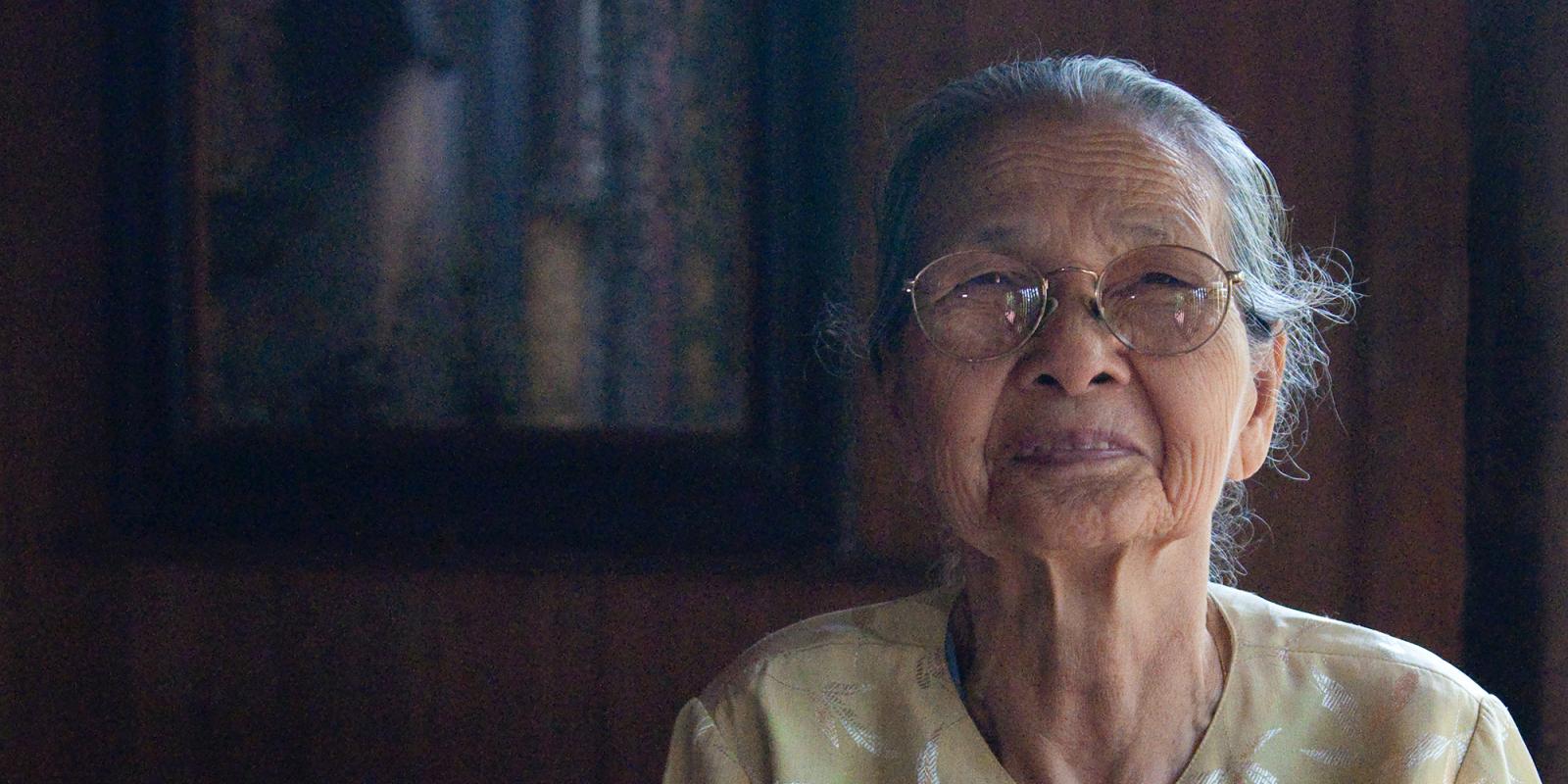The year 2020 may go down as one of the more dismal in distant memory, especially for older adults, considering the outsized impact of the COVID-19 pandemic on elders.
But tomorrow ASA members should take a break to celebrate what is the 30th year of the U.N.’s International Day of Older Persons, “Pandemics: Do They Change How We Address Age and Ageing?”
This year’s theme pays tribute to the “Year of the Nurse and Midwife,” as a way to highlight the role the healthcare workforce has played in contributing to older adults’ health. According to the U.N., it is focusing specifically on women in nursing, because, as it says, often they are “relatively undervalued and in most cases inadequately compensated.”
This year’s celebration will also promote the WHO’s Decade of Healthy Ageing (2020-2030) and discuss the five strategic objectives of the Global Strategy and Action Plan on Ageing and Health.
The U.N. is bringing together experts from the agency as well as from governments and health professions to inform participants on the strategic objectives of the Decade of Healthy Ageing; raise awareness of older adults’ special health needs and ways in which they can contribute to their own health and to the health of societies in which they live; increase awareness and appreciation for the role of the healthcare workforce in maintaining and improving older adult health; present proposals for reducing health disparities between older persons in developing and developed countries; and increase understanding of COVID-19’s impact on older adults and healthcare policy, planning and attitudes.
Other international aging organizations are getting into the act. HelpAge International, for instance is spending the day challenging ageist assumptions made about older adults and encouraging the public to do so publicly on that day as well.
The event is all virtual, and co-organized by the NGO Committee on Ageing and DESA, Oct. 1 from 9 a.m. to 12 p.m. PST. Follow these links for more details on speakers and to register. The event will be recorded and made available for those who registered.
And if you’re too busy to attend, perhaps just take a moment to celebrate the older adults you serve and to pay tribute to women healthcare workers who are serving them daily.













